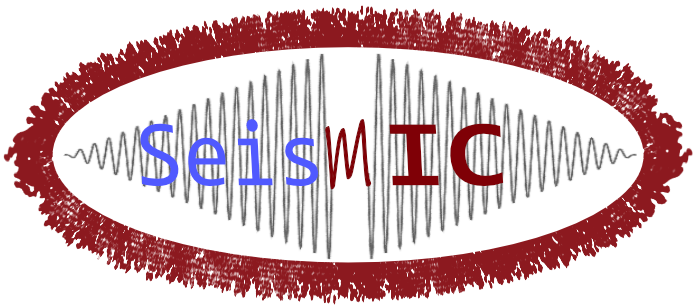Source code for seismic.monitor.trim
'''
:copyright:
The SeisMIC development team (makus@gfz-potsdam.de).
:license:
`EUROPEAN UNION PUBLIC LICENCE v. 1.2
<https://joinup.ec.europa.eu/collection/eupl/eupl-text-eupl-12>`_
:author:
Peter Makus (makus@gfz-potsdam.de)
Created: Tuesday, 15th November 2022 05:15:30 pm
Last Modified: Wednesday, 25th Febuary 2025 01:48:00 pm (J. Lehr)
'''
from typing import Tuple
import numpy as np
from seismic.correlate.stats import CorrStats
from .. import logfactory
import logging
parentlogger = logfactory.create_logger()
module_logger = logging.getLogger(parentlogger.name + '.trim')
[docs]def corr_mat_trim(
data: np.ndarray, stats: CorrStats, starttime: float,
endtime: float) -> Tuple[np.ndarray, CorrStats]:
""" Trim the correlation matrix to a given period.
Trim the correlation matrix `corr_mat` to the period from `starttime` to
`endtime` given in seconds from the zero position, so both can be
positive and negative. If `starttime` and `endtime` are datetime.datetime
objects they are taken as absolute start and endtime.
:type data: np.ndarray
:param corr_mat: correlation matrix to be trimmed
:type starttime: float
:param starttime: start time in seconds with respect to the zero position.
Hence, this parameter describes a lag!
:type endtime: float
:param order: end time in seconds with respect to the zero position
:rtype tuple: Tuple[np.ndarray, CorrStats]
:return: trimmed correlation matrix and new stats object
"""
# fetch indices of start and end
start = int(
np.floor((starttime-stats['start_lag'])*stats['sampling_rate']))
end = int(np.floor((endtime-stats['start_lag'])*stats['sampling_rate']))
# check range
if start < 0:
module_logger.warning(
'Error: starttime before beginning of trace. Data not changed')
return data, stats
if end >= stats['npts']:
module_logger.warning(
'Error: endtime after end of trace. Data not changed')
return data, stats
# select requested part from matrix
# +1 is to include the last sample
if len(data.shape) == 1:
data = data[start:end+1]
stats['npts'] = len(data)
else:
data = data[:, start:end + 1]
stats['npts'] = data.shape[1]
# set starttime, endtime and npts of the new stats
stats['start_lag'] = starttime
return data, stats
